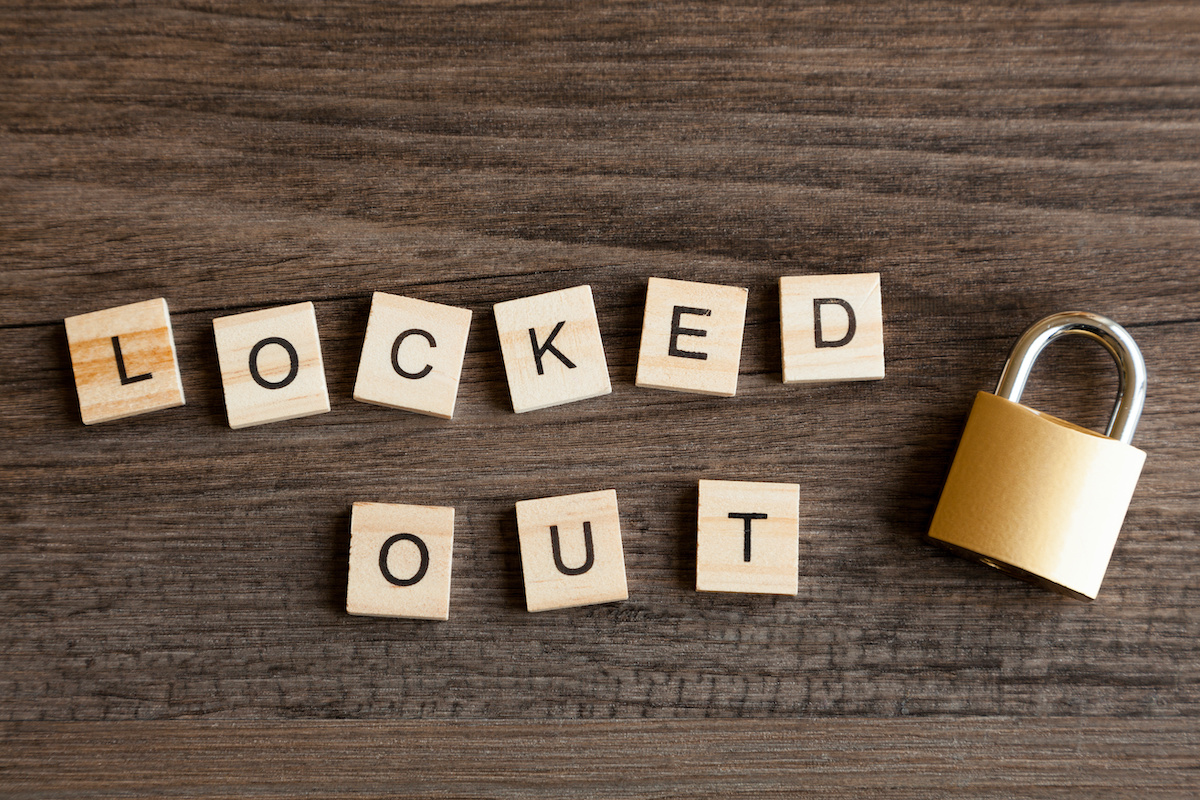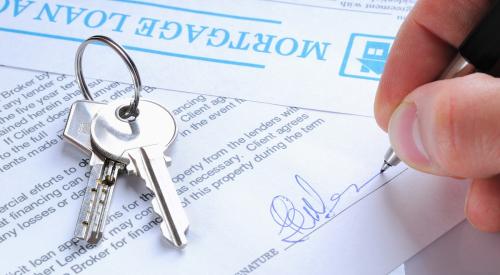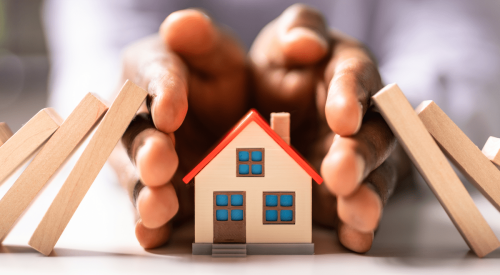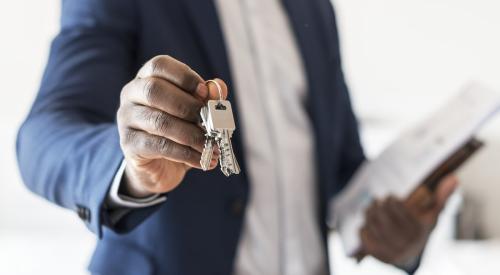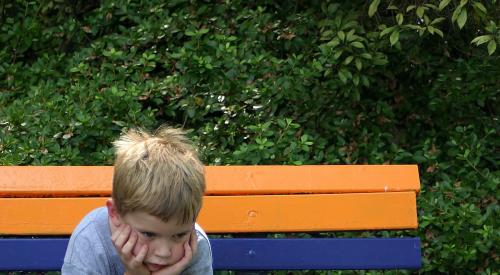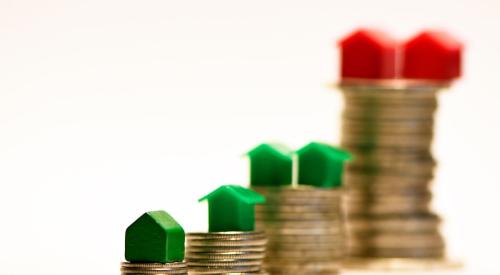Even when house shoppers find a property priced under $100,000 and qualify for a mortgage, they often won’t be able to buy that home.
That's because it's typically not profitable for lenders to do small-dollar mortgages, as loans at $100,000 or less are called. And the onset of the COVID-19 pandemic may have made things worse, as lenders are even more focused on larger, more lucrative mortgages. The upshot is that would-be buyers in many communities of color, which tend to be lower-income, are unable to achieve homeownership and set on a path of building wealth.
Instead, investors who don't live in these communities swoop in and scoop up properties in all-cash deals. The homes are then turned into rentals, with predominantly Black and Hispanic tenants who may pay hundreds of dollars more each month than they would on a mortgage. And the neighborhood suffers as locals aren't as invested in upkeep and advocating for more resources.
"Black and Hispanic people in particular have been left out of this wealth-building opportunity," says Sheryl Pardo, a spokeswoman for the Urban Institute, a Washington, DC–based think tank. "It's important [to offer more small-dollar mortgages] in this era where we're recognizing the severity of the racial wealth gap and finally trying to do something about it."
